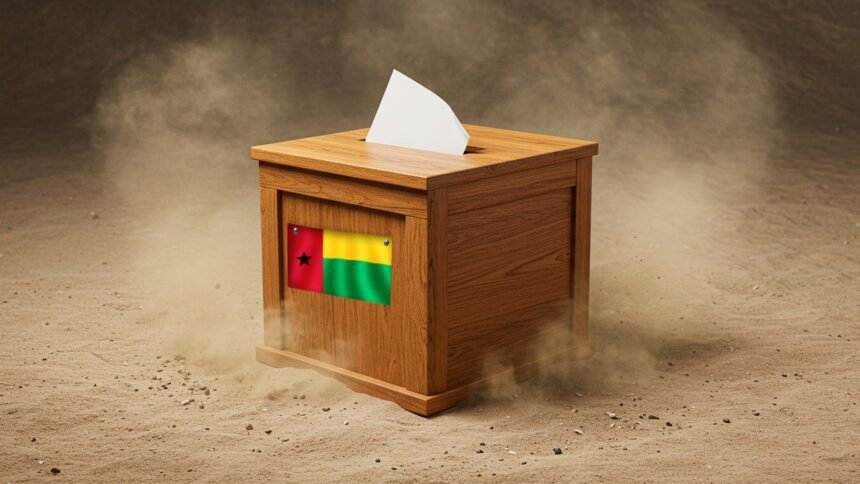Guinea-Bissau is back in the headlines for all the wrong reasons. As the tiny West African nation prepares for legislative elections, political tension is rising like harmattan dust. President Umaro Sissoco Embaló has promised a credible, transparent vote—but scepticism is high after years of instability, dissolutions of parliament, and a history of coups that has earned the country the unenviable nickname “the coup capital of Africa.”
For a nation of just over 2 million people, Guinea-Bissau has packed in more political drama than some continents. Since independence in 1973, it has endured a string of military takeovers, assassinations, and parliamentary crises. Embaló dissolved the National People’s Assembly in 2022, citing corruption and obstructionism, and called for fresh elections to “reset” governance. Critics saw it as a power grab. This election is being watched closely, not just by Bissau-Guineans, but by ECOWAS, the AU, and the EU, who see the country as a test case for West Africa’s wobbling democratic architecture.
The stakes are high. A smooth election could stabilise Guinea-Bissau and reassure investors interested in its cashew exports and untapped offshore resources. A disputed or chaotic process, however, risks plunging the country into yet another cycle of unrest—something its fragile economy can ill afford. Public services are weak, infrastructure is crumbling, and poverty remains stubbornly high. A contested election could deter donors and partners, worsening an already dire fiscal situation.
Security is also a concern. Guinea-Bissau has long been a key transit hub for cocaine smuggling from Latin America to Europe. Political instability creates fertile ground for organised crime, which in turn undermines governance and security. This vicious cycle has kept the country’s international reputation in the gutter. International observers will be monitoring not only the ballot count but also whether the security forces stay neutral—an open question in a country where the military has historically been the kingmaker.
Civil society groups are doing their best to mobilise voters and demand transparency, but turnout could be dampened by voter fatigue. Many citizens are disillusioned with politicians who promise reform but deliver little. The international community has pledged support, but diplomatic pressure can only go so far in a country where local elites hold the real levers of power.
Guinea-Bissau’s future is balancing on a wire: a credible vote could restore faith in democracy, while a flawed one could unravel the fragile progress of recent years. For now, the world is watching—and holding its breath.










